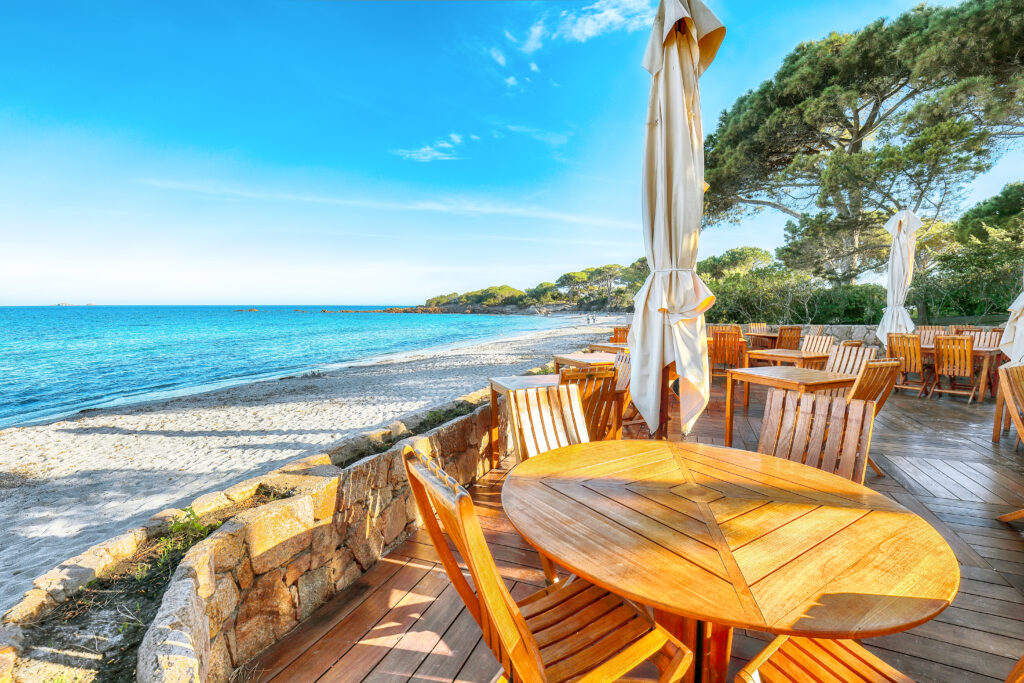Everything You Need to Maximize Your Rental Income
Our comprehensive platform takes care of all aspects of your short-term rental business, so you can focus on what matters most.
Starter
Perfect for 1-2 Properties
$249 /year
•Up to 1,000 daily views •8% income increase •Performance Dashboard •Email Support
Growth
Perfect for 3-5 Properties
$449 /year
• Up to 3,000 daily views •12% income increase •Advanced Dashboard •Instant Agent Support
Growth Plus
Ideal for >5 Properties
$995 /year
•Up to 7,500 daily views •16% income increase •Premier Guest Service •Housekeeping











